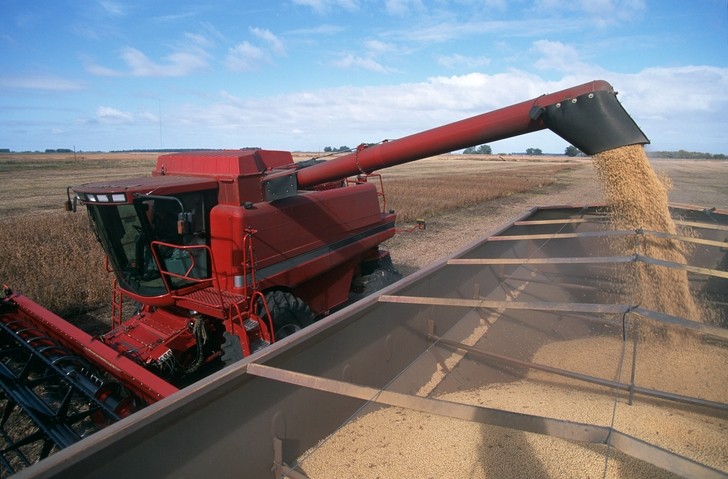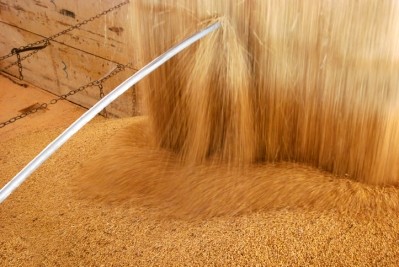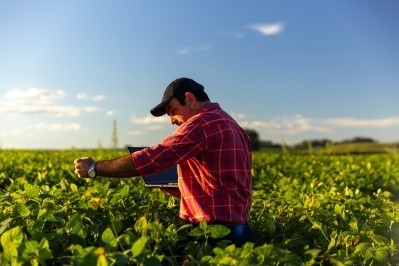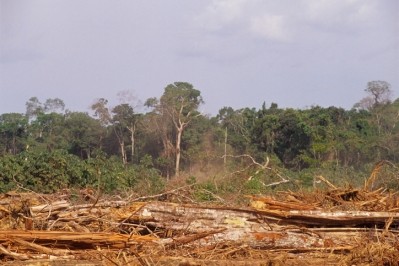‘There is more responsibly produced soy available on the market than Europe is sourcing’

Five more schemes offering responsible soy products to the European feed market have passed the independent benchmarking process to meet those revised guidelines including FEMAS’ Responsible Sourcing of Agricultural & Natural Products scheme, the ISCC EU & ISCC Plus, the Louis Dreyfus Company Program for Sustainable Agriculture and the Sodru Sustainable Soy Program.
Nearly all the schemes - 19 out of 20 - comply with the specific desired criterion on conversion-free soy, meaning they offer responsibly produced soy grown on land that didn’t come at the expense of any conversion – legal or illegal - of natural ecosystems, including non-forest native vegetation in the Cerrado Biome, with a cut-off date before December 2020.
FEFAC said it is clear "there is now a mainstream market offer for responsibly produced and conversion-free soy, sufficient to cover the needs of the European feed industry."
When asked what volumes of soy would be covered by such standards, Anton van den Brink, senior policy and communication spokesperson, FEFAC, told us: “We don’t have access to the precise volume of responsibly produced soy that is available through these schemes, but it can be reasonably assumed that with 20 schemes on offer there is mainstream market availability. There is more responsibly produced soy available on the market than Europe is sourcing.”
On conversion-free soy, he said it was important to note that, based on risk analysis, the large majority of soy sourced to Europe is already coming from areas with a ‘low deforestation risk’.
Premium payments
In terms of whether there will be a premium attached to such ‘responsibly produced’ soy products, the policy manager said that FEFAC only provides market transparency on the availability of responsible soy in the market but that "it can be generally assumed that the mechanisms behind a certification scheme implies additional costs that will need to be incorporated into the price."
But who is going to cover such a premium? Last year, FEDIOL reported limited customer uptake of soy meeting sustainability criteria. “Most customers are not willing to buy soy meeting sustainability criteria, including no-deforestation criteria, if it entails having to pay a premium,” its report found.
That review evaluated the volumes of soybeans that were compliant with the older set of FEFAC SSGs and that were bought and sold as meal or oil in the EU by FEDIOL member companies.
The amount of such compliant soy products that FEDIOL companies were able to sell as verified or certified in 2020 reached 14%. “While this is a 3% point increase as compared to 2019, it still confirms the considerable 30% points gap between what FEDIOL companies bought and processed and what they actually sold as verified or certified, due to the limited customers’ uptake of soy meeting sustainability criteria.”
As the vast majority of buyers are not prepared to pay a premium, the crushers sell the product as ‘standard’ although it is ‘verified or certified’, said FEDIOL. “They themselves have to support the premium paid for the soybeans to their suppliers.”
FEFAC’s van den Brink said that many downstream value chain market partners have set out ambitions and objectives to achieve deforestation or conversion-free soy sourcing. “In this light, we recommend that the FEFAC SSGs 2021 are the key reference on which purchasing conditions are based. The discussion on premium payments is specific to each individual country and animal production system.”
An EU Commission regulatory proposal, released last November, and currently facing scrutiny by the EU Parliament, would look to ensure that operators placing certain commodities and products on the market such as soy, palm oil, and cocoa will be required to put in place and implement due diligence systems to prevent the EU market entry of goods linked to deforestation.
They will be monitored and held accountable by enforcing authorities if they fail to comply with the requirements of the regulation.








